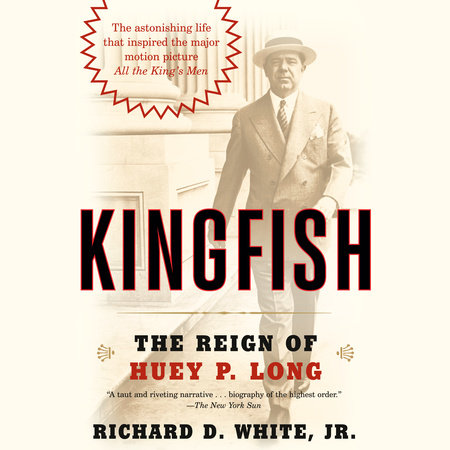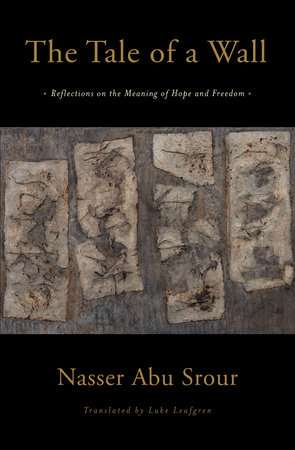

The Tale of a Wall
By Nasser Abu Srour
Translated by Luke Leafgren
By Nasser Abu Srour
Translated by Luke Leafgren
By Nasser Abu Srour
Translated by Luke Leafgren
By Nasser Abu Srour
Translated by Luke Leafgren
Category: Biography & Memoir | Middle Eastern World History
Category: Biography & Memoir | Middle Eastern World History

-
$19.99
Apr 30, 2024 | ISBN 9781635423877
-
Apr 30, 2024 | ISBN 9781635423884
YOU MAY ALSO LIKE
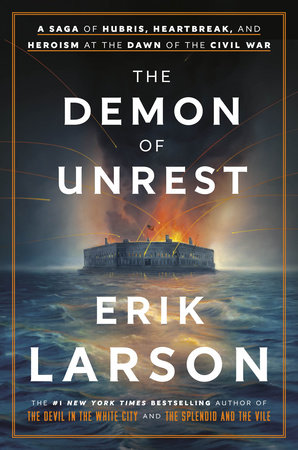
The Demon of Unrest

The Forgotten Girls
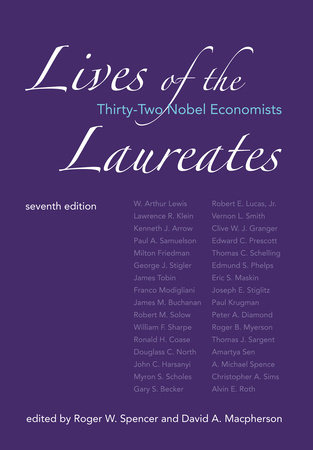
Lives of the Laureates, seventh edition
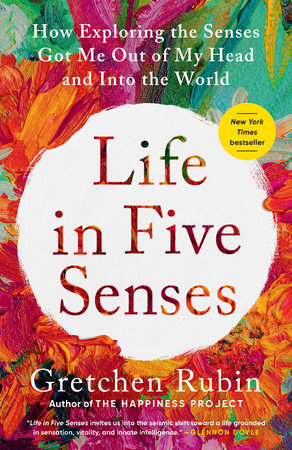
Life in Five Senses

Profiles in Mental Health Courage

The Penguin Book of Pirates

The Swans of Harlem

Disability Intimacy

How to Baby
Praise
“[Abu Srour’s] experience might be difficult to imagine but for the extraordinary memoir he has written, translated into lyrical prose by Luke Leafgren…Abu Srour’s humanity shines through, even as he endures an incarceration with no end in sight…It is this poetic sensibility that brings freshness to the telling of the well‑rehearsed story of this long-running conflict: we see it anew.” —The Guardian
“[Abu Srour’s] flights of lyricism, capably rendered into English by Luke Leafgren, turn each scene of prison life into a kind of prose poem…that recalls the memoirs of the Palestinian poet Mahmoud Darwish…eloquent…a testimony to the conditions of writing—the punishing solitude of a life lived behind bars.” —New York Times
“An absorbing, complicated personal history.” —Words Without Borders
“Nasser Abu Srour doesn’t allow his long incarceration in an Israeli prison to break his spirt. He turns the wall of his cell that is intended to confine him into his path to freedom, and in the process, out of the darkness of his cell produces a luminous memoir.” —Raja Shehadeh, author of We Could Have Been Friends, My Father and I: A Palestinian Memoir
“Fierce and lyrical, Nasser Abu Srour’s memoir bears witness to struggle and resilience—both his own, and that of the Palestinian people. It’s also a devastating testament to the power of hope, and of its loss.” —Claire Messud, author of The Emperor’s Children and This Strange Eventful History
“It is rare to come across a book with such astonishing generosity and clarity. The Tale of a Wall is beautiful for its ability to examine the harsh realities of oppression with lush prose that creates its own uncompromising terrain. Nasser Abu Srour’s story, which he wrote while condemned to a lifetime sentence in an Israeli prison, is further proof that no wall can restrain the imagination, no bullet can kill the idea of freedom.” —Maaza Mengiste, author of The Shadow King, short-listed for the 2020 Booker Prize
“The Tale of a Wall is the reason we have literature. Nasser has made art out of poison with his honesty and golden pen. He brings to light the specificity of experience of the Palestinian prisoner in a manner that makes every reader think about the incarcerated in their own countries without forgetting Palestine. It helps us understand the consequences on others when we do not wield whatever power we each hold for solidarity. A profound and important work.” —Sarah Schulman, author of Let the Record Show and Conflict Is Not Abuse
“The infuriating fate of being a refugee, and then a prisoner, in one’s homeland is the subject of this brilliant memoir. There were moments when I felt I was reading what Samuel Beckett might have written if he had been confined for life in a maximum-security prison. The Tale of a Wall is the triumphant expression of Abu Srour’s sensibility and inner strength, a rich living story borne, in the author’s words, ‘of iron and concrete.’ In searing philosophical prose Abu Srour lays bare the circumstances that led him to conclude taking up arms was his only recourse.” —Michael Greenberg, author of Hurry Down Sunshine
“A unique, lyrical exploration of what his inhumane confinement has taught him about resistance, love, lies, forgiveness, and the complicated struggle for liberation of his fractured, occupied land. Rather than allow the many walls surrounding him from childhood to break him down, he has turned them into darkly luminous companions on a journey into the heart of cruelty and redemption.” —Ariel Dorfman, author of The Suicide Museum
“Abu Srour’s memoir is more than a tale of prison. His unflinching prose reveals a powerful truth: human beings are compelled to tell our stories in order to affirm our existence in an unjust world. Ultimately, he captures both the individual and collective spirit of Palestinians who, to this day, continue to resist dispossession, disillusionment, and despair.” —Sahar Mustafah, author of The Beauty of Your Face
“Here, at a historical moment when Palestinian prisoners are again discussed only as a collective political lever, Nasser Abu Srour writes from Hadarim Prison about love, endurance, loyalty, and freedom. His voice rises above the wall of his desert cell, above his confession-under-torture and thirty years in the Israeli penal system, above his life sentence and Israel’s broken promise to release him during the Obama-era peace negotiations. Fierce, lyrical, and defiantly beautiful, his testimony is full of generosity and white-hot courage. He turns his imprisoning wall into an instrument of his soul’s freedom. For the reader, that wall becomes a mirror: an instrument of empathy and conscience. You will come away with a heart full of resolve—to work for solidarity, justice, and mercy.” —Sarah Cypher, author of The Skin and Its Girl
“An extraordinary memoir. Abu Srour is not just a witness of his personal life but a witness to one of the major tragedies of our times.” —Amara Lakhous, author of Clash of Civilizations Over an Elevator in Piazza Vittorio
“In contemplating the meaning of freedom, and the prison walls enclosing him, Nasser Abu Srour has produced a richly emotional and affecting memoir. His poetic prose, lyrically translated by Luke Leafgren, ranges far beyond physical confines to evoke steadfastness and universal human dignity, through the intellectual curiosity of a writer ‘born into a family on the margins, living in a marginal place filled with marginal people.’ Its resonance, and Abu Srour’s vision, are far from marginal.” —Matthew Teller, author of Nine Quarters of Jerusalem
“A stunning book. A poetic and remarkable account of decades of imprisonment and the effect it can have on the mind, body, and soul. This is a story of unimaginable loss, but also of survival.” —Sally Hayden, author of My Fourth Time, We Drowned
21 Books You’ve Been Meaning to Read
Just for joining you’ll get personalized recommendations on your dashboard daily and features only for members.
Find Out More Join Now Sign In









